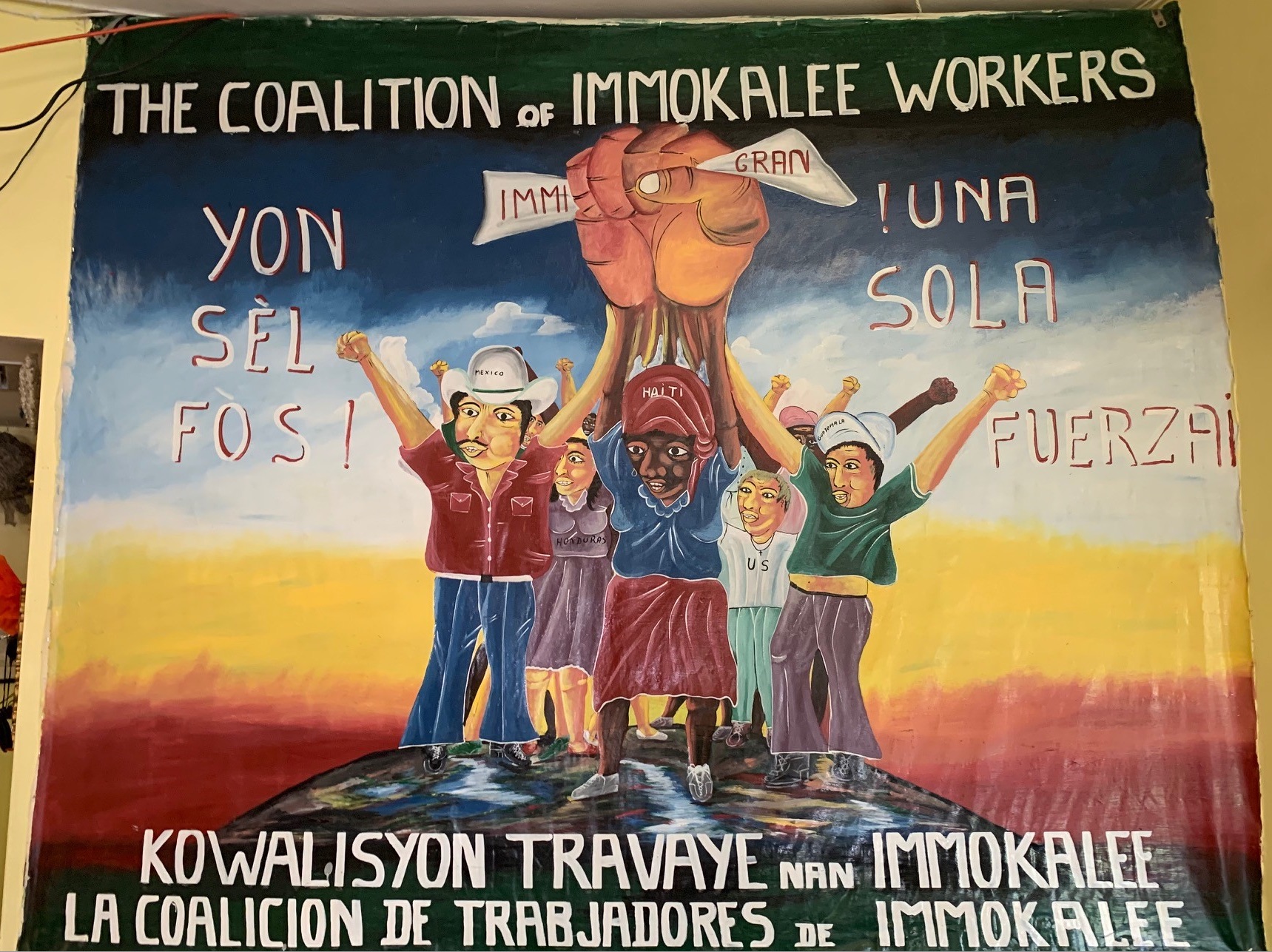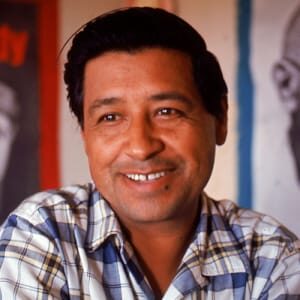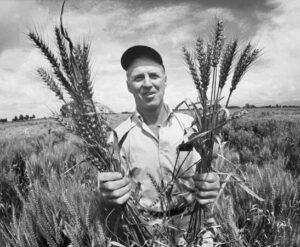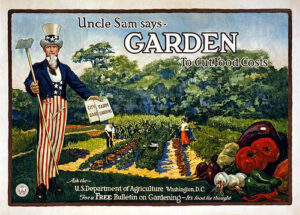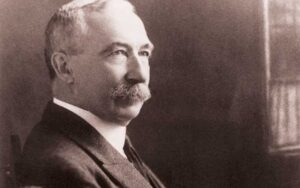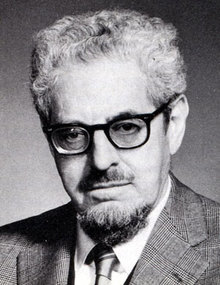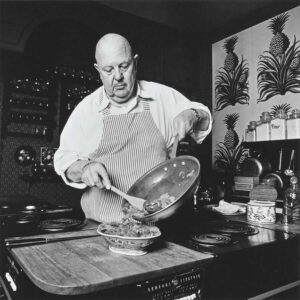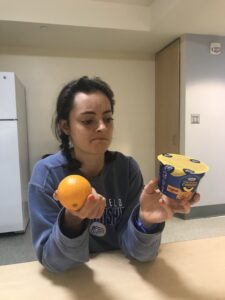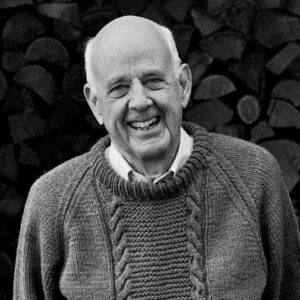Cesar Chavez was a first-generation American who rose from farm worker to union leader, civil rights activist, and inspiration to many. Chavez was born on his family’s farm in Yuma, Arizona in 1927 (Cesar Chavez Foundation, 2021). His parents were Mexican immigrants who worked as migrant farm laborers in order to provide for Cesar and his siblings. Following drought-induced crop failures and financial discrimination against his community, the Chavez family lost their farm and their home, and Cesar began to work on farms at the age of 10 (Murphy, 2009). He went to dozens of elementary schools as his family migrated throughout the American Southwest looking for employment. Inspired by his experiences and by his mother, who fought against discriminatory farm contractors in California throughout his youth (Pawel, 2014), Chavez continued his own education by studying at public libraries at night. As a young adult, he served in the Navy for two years, returning to farm labor following his honorable discharge (CCF, 2021). His involvement in organized activism began in 1952 when he started working with Fred Ross, with whom he spent the next decade training as a community organizer, establishing the Community Service Organization (CSO) in San Jose, helping form other CSO chapters, promoting voter registration and participation among Latinos, and fighting against anti-Latino discrimination. (CCF, 2021). Following his work with the CSO, Chavez formed the National Farm Workers Association (NFWA) in 1962 in his family’s home in Delano, California (CCF). The first members of the NFWA, which later became United Farm Workers of America, were Chavez, his wife, their eight children, and Dolores Huerta (CCF, 2021).
In the following decades, Chavez focused on UFWA with a passion, and pursued goals such as improved working conditions, access and rights to food, water, and sanitation in the fields, higher wages, dignity, and decreased discrimination towards the Latino community (Murphy, 2009). Many work days saw temperatures over 100 degrees and the average life expectancy for a farm worker at the time was just 49 years old (Murphy, 2009). Chavez used a few primary methods for advancing his goals – marches, boycotts, and fasts. Notably, Chavez was the first organizer to use boycotts as a way to win labor/management disagreements (Levy, 1993). UFWA completed a 110 mile march to raise awareness of their boycott against Gallo wines. UFWA and Chavez organized boycotts, most notably against Gallo, over labor issues (NYT, 1975). The Gallo boycott lasted five years and was incredibly successful, with millions of Americans boycotting the products, the growers finally agreeing with union demands, and CA Governor Jerry Brown signed the Agricultural Labor Relations Act of 1975. This law protects the rights of farmworkers to organize, to make decisions in their union leadership, and to negotiate with employers (Levy, 1993; CCF, 2021). Chavez undertook three major fasts – in 1968 he fasted in honor of nonviolence, in 1972 he fasted in protest of a California law that made it illegal for farmworkers to organize, and in 1988 he fasted to raise public awareness of the negative impacts of pesticide use, especially for farmworkers and their children (CCF, 2021). His work, particularly his organizing against Gallo, was endorsed and praised by a number of powerful figures, including the president of the SCLC, CA Rep. Phillip Burton, and Senator Robert Kennedy.
Chavez stood strongly in his beliefs. In addition to labor and discrimination activism, he took a lifelong vow of poverty, helped build affordable housing for farm workers, worked with other unions (AFL-CIO, UAW) spoke out against the Vietnam War, supported favor of gay rights, immigration reform, and advocated for nonviolence (Maya, 2019; CCF, 2021). He also worked towards voter registration, civil rights education, citizenship for the Latino community, helped tens of thousands register to vote, participate in politics, understand their rights, and gain citizenship (Murphy, 2009). Following a life of activism and organizing, Cesar Chavez passed in 1993 at 66 years old. His work is widely celebrated, having been honored with the U.S. Presidential Medal of Freedom and the Mexican Aguila Azteca, and is credited with bettering healthcare, retirement programs, living conditions, increased wages, political knowledge and participation for farmworkers as well as increasing awareness over working conditions, corporate labor tactics, and pesticide use.
